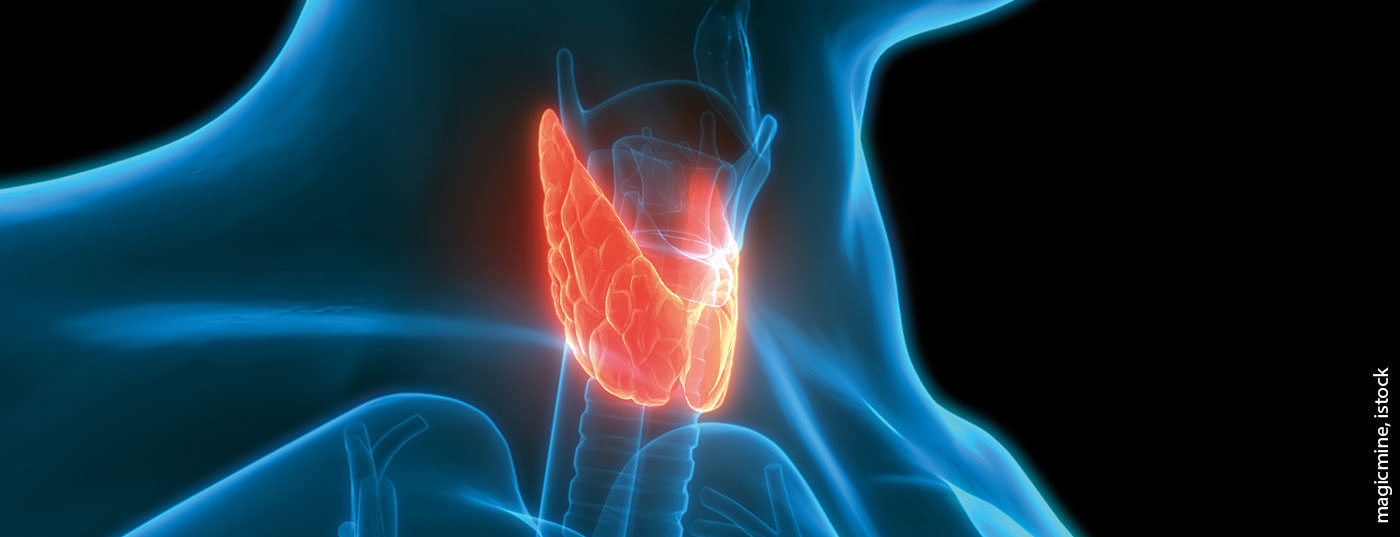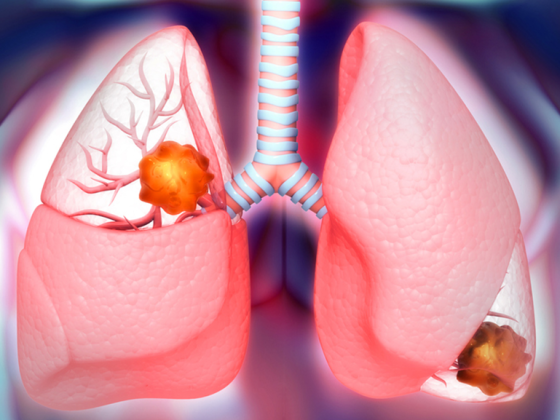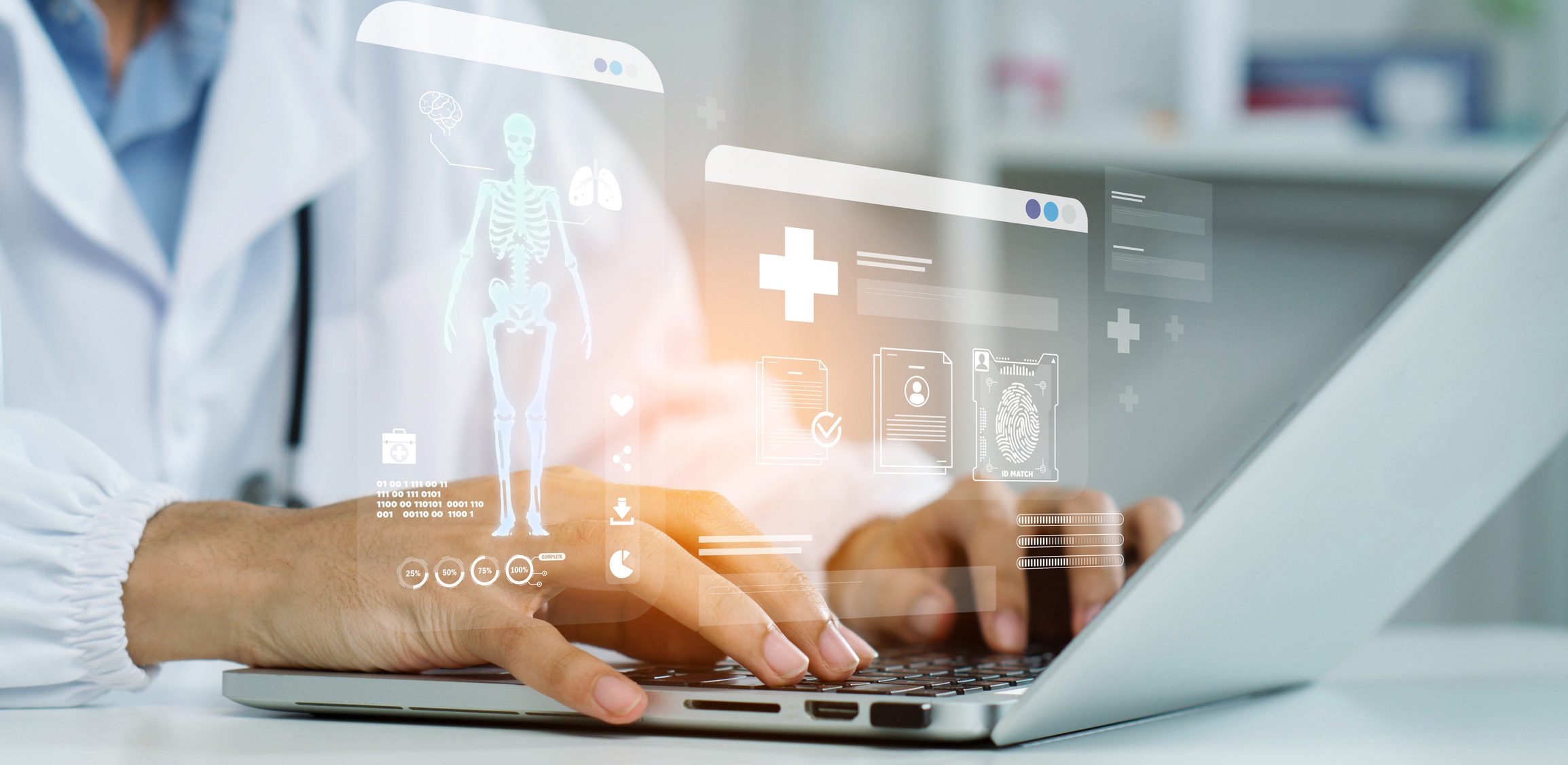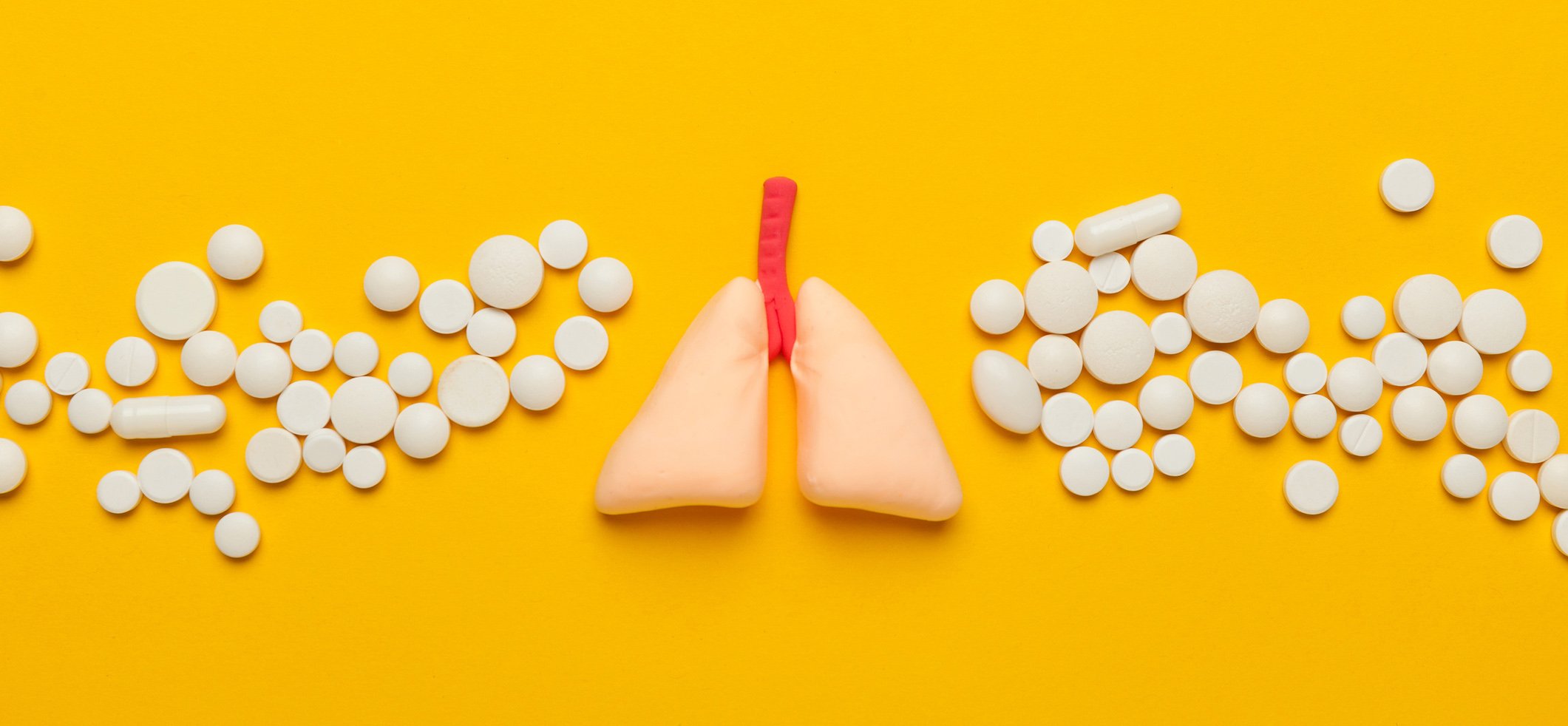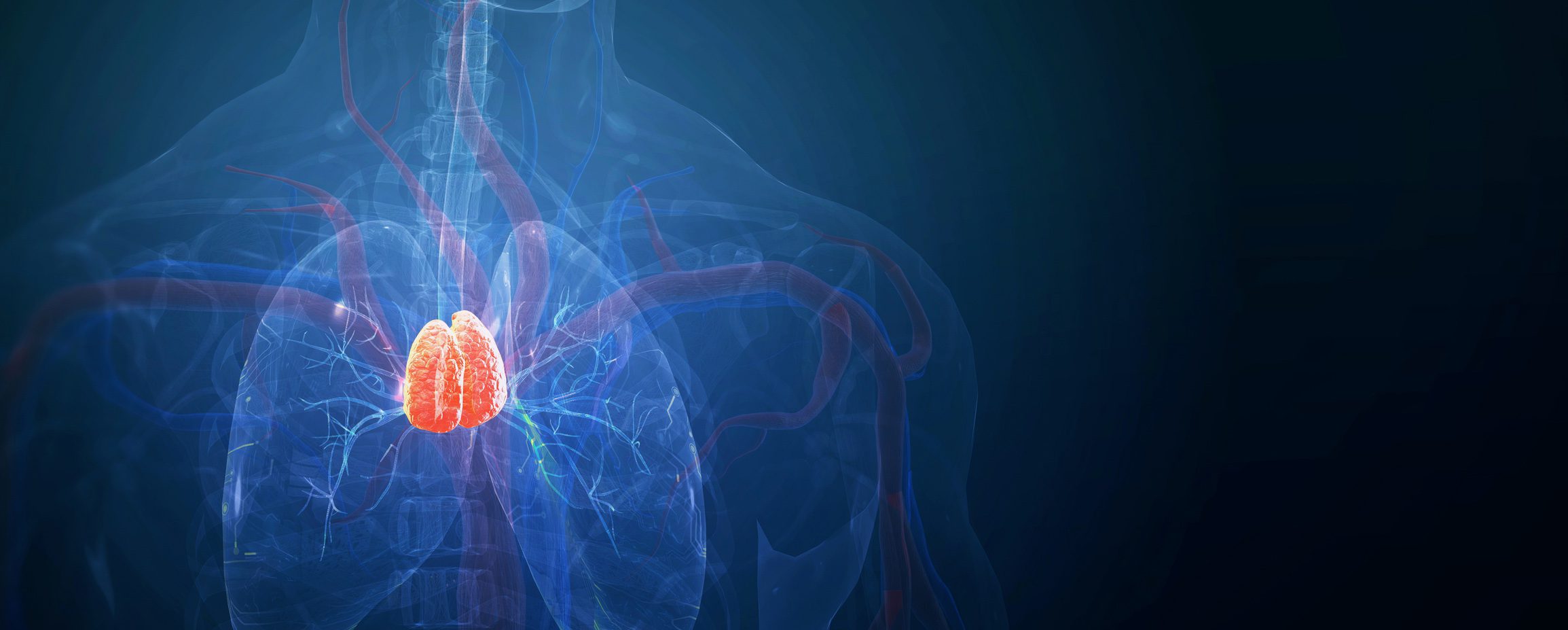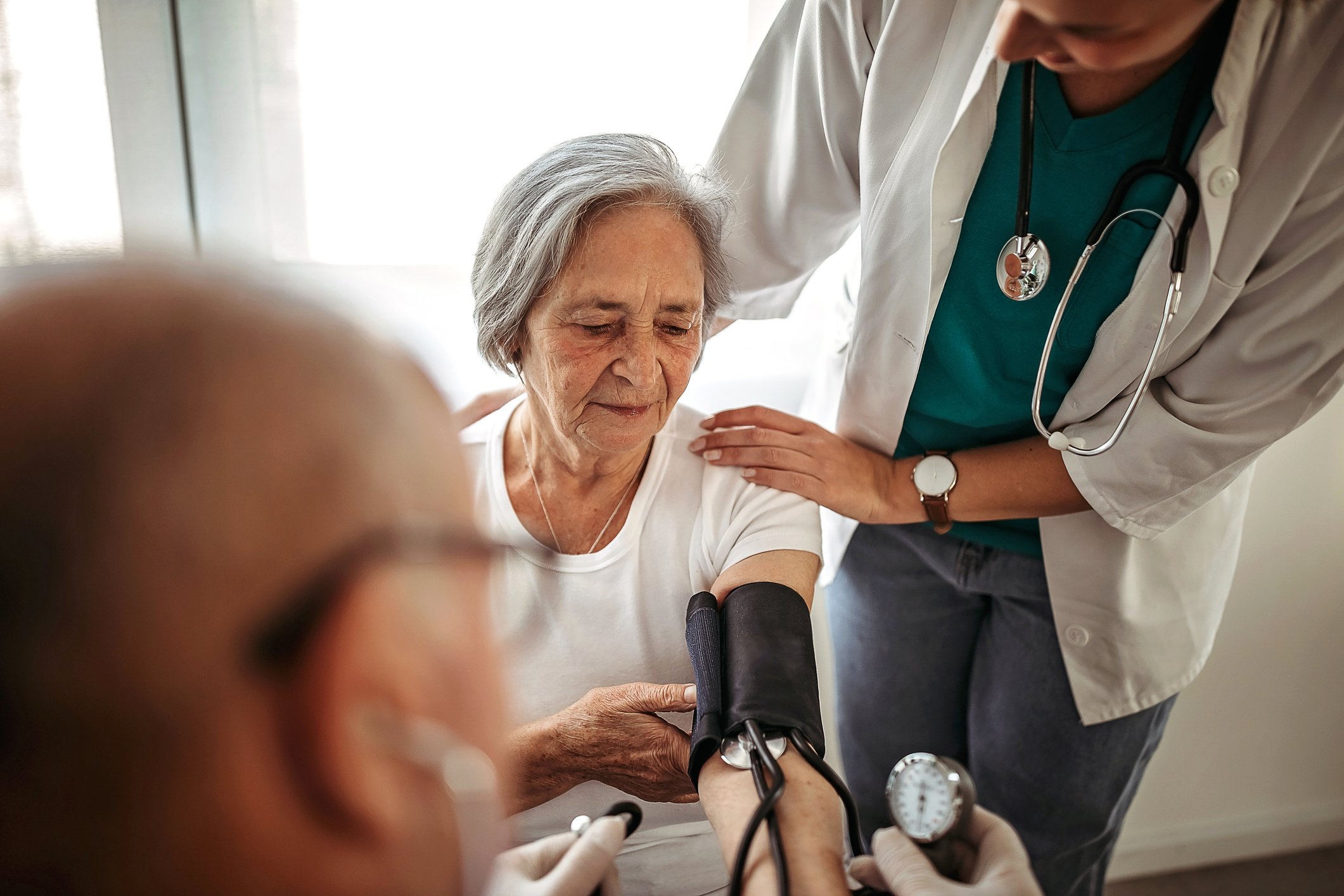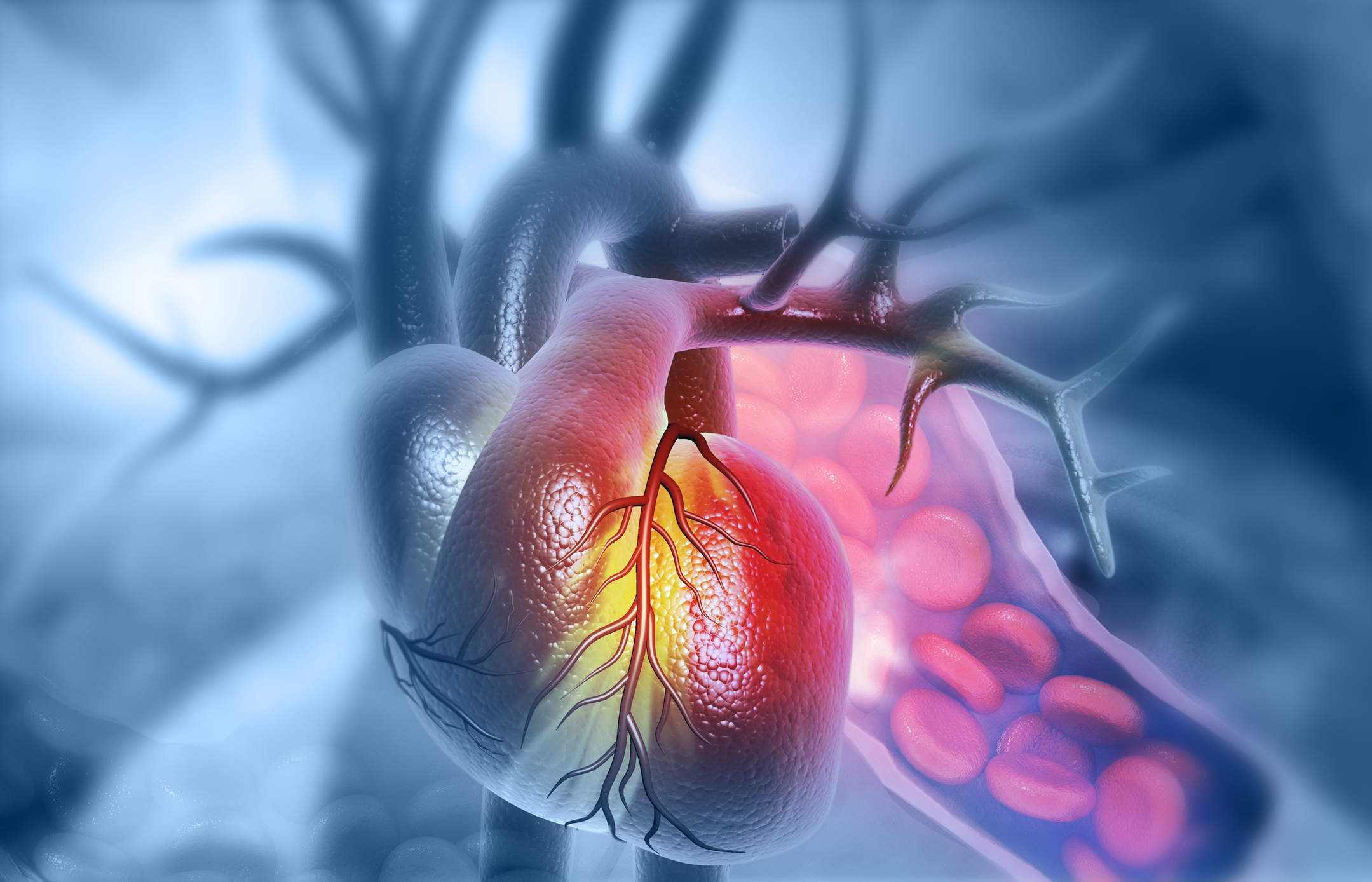If less thyroid hormone is produced than the body needs, hypothyroidism is present. The disease, which is both congenital and acquired, causes a wide range of symptoms such as fatigue, lack of drive, headaches or constipation. Effective and permanent substitution with L-thyroxine is then indicated.
Hypothyroidism is one of the most common hormonal disorders and increases with age. Somewhat one to two out of 200 people in Switzerland are affected by hypothyroidism – women somewhat more frequently than men [1]. The disease usually develops insidiously, so that the non-specific symptoms are not immediately associated with it. Typical complaints include a drop in performance, fatigue, increased need for sleep, sensitivity to cold, concentration problems or straw-like hair and brittle nails. Often, hypothyroidism also develops oligosymptomatically. Therefore, in cases of depression, dementia, muscle pain, muscle weakness or autoimmune diseases, for example, the possibility of an existing hypothyroidism should also be considered.
A distinction is made between primary hypothyroidism (caused in the thyroid gland, thyroxine deficit), secondary hypothyroidism (caused in the pituitary gland, TSH deficit), and tertiary hypothyroidism (caused in the hypothalamus, TRH deficit), with the primary form present in 95% of cases [2]. The main causes are autoimmune thyroiditis and status post strumectomy. Sometimes the problem is already present in newborns, so there is a legally required screening in Switzerland. If left untreated, hypothyroidism can lead to short stature, impaired speech, delayed puberty, lowered intelligence, or speech disorders, among other symptoms [1]. Newborns with hypothyroidism are characterized primarily by laziness in drinking, constipation, lack of movement, and prolonged neonatal tethering.
Comprehensive clarification strategy
The diagnosis of hypothyroidism is based on laboratory measurements of TSH and fT4, with the related reference ranges or normal values defined as values obtained between the 2.5. and 97.5. percentile of an apparently healthy population [3]. However, this is repeatedly questioned critically. Currently, research is being conducted on parameters that allow a more individualized and better diagnosis of hypothyroidism. Regarding the current TSH-centered approach, it should be taken into account that the upper limit of the normal range of mostly 4.0 mU/L, is increasing, especially in the elderly, and that TSH concentration has a circadian rhythm with a nadir in the afternoon and higher concentrations at night. In general, it is recommended to repeat TSH measurement after 2-3 months in patients with elevated TSH and fT4 within the normal range. Approximately half of all elevated TSH levels between 4 and 10 mU/L normalize without therapy during follow-up visits within 5 years [3]. Since Hashimoto’s thyroiditis is the most common cause of hypothyroidism, thyroperoxidase antibodies (TPO-AK) and thyroglobulin antibodies (Tg-AK) should also be determined if TSH levels are elevated. In this case, thyroid sonography is then also frequently performed to clarify possible Hashimoto’s thyroiditis.
Drug treatment indicated
According to an international consensus, manifest hypothyroidism is a clear indication for therapy [3]. This depends on the level of the TSH value, the age and the accompanying symptoms/comorbidities. The European Thyroid Society recommends daily administration of an LT4 preparation approximately 30 minutes before breakfast or in the evening before bedtime at least two hours after the last meal [4]. The recommended dosage for latent hypothyroidism is approximately 1.5 µg/kg/day, which corresponds to approximately 75 to 100 µg in women and approximately 100 to 125 µg in men.
Literature:
- www.beobachter.ch/gesundheit/krankheit/schilddrusenunterfunktion-hypothyreose (last accessed 20.06.2021)
- Continuous Medical Education. Hypothyroidism. Practice 2007; 96: 1411-1418.
- Pilz S, Theiler-Schwetz V, Malle O, et al: Hypothyroidism: guidelines, new evidence and clinical practice. Journal of Clinical Endocrinology and Metabolism 2020; 13: 88-95.
- Pearce SH, Brabant G, Duntas LH, et al: ETA guideline: management of subclinical hypothyroidism. Eur Thyroid J 2013; 2: 215-228.
CARDIOVASC 2021; 20(2): 20


